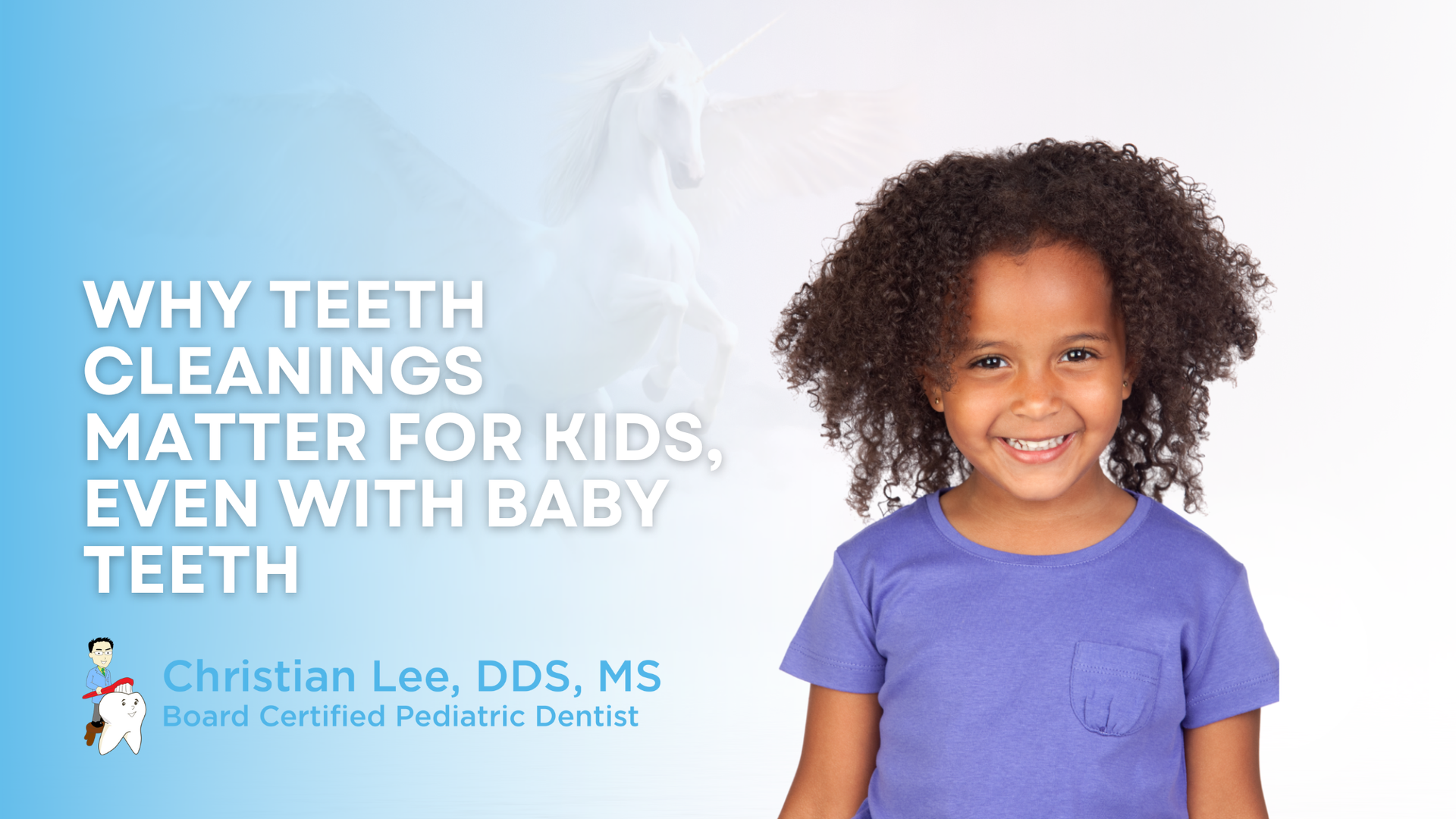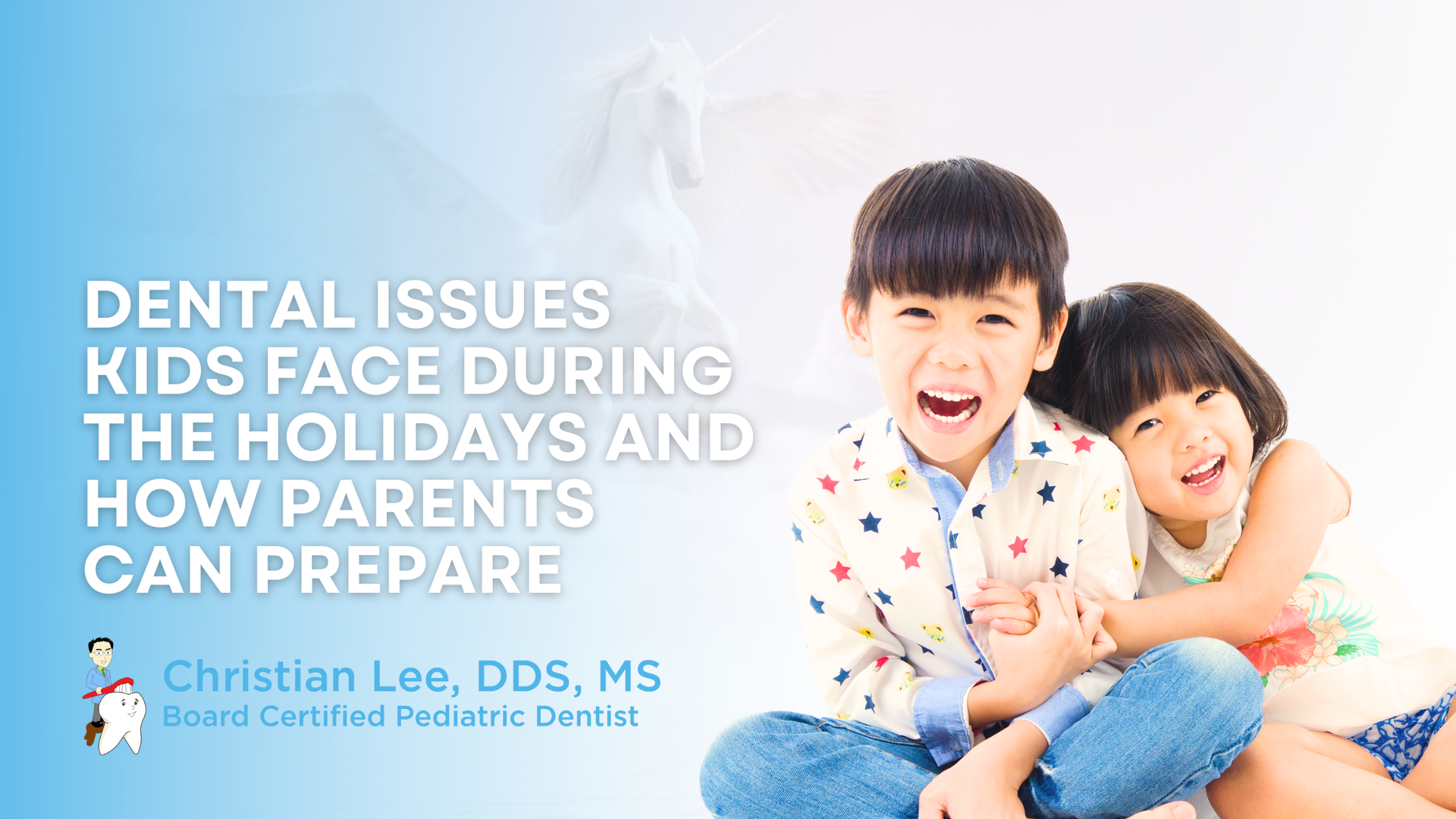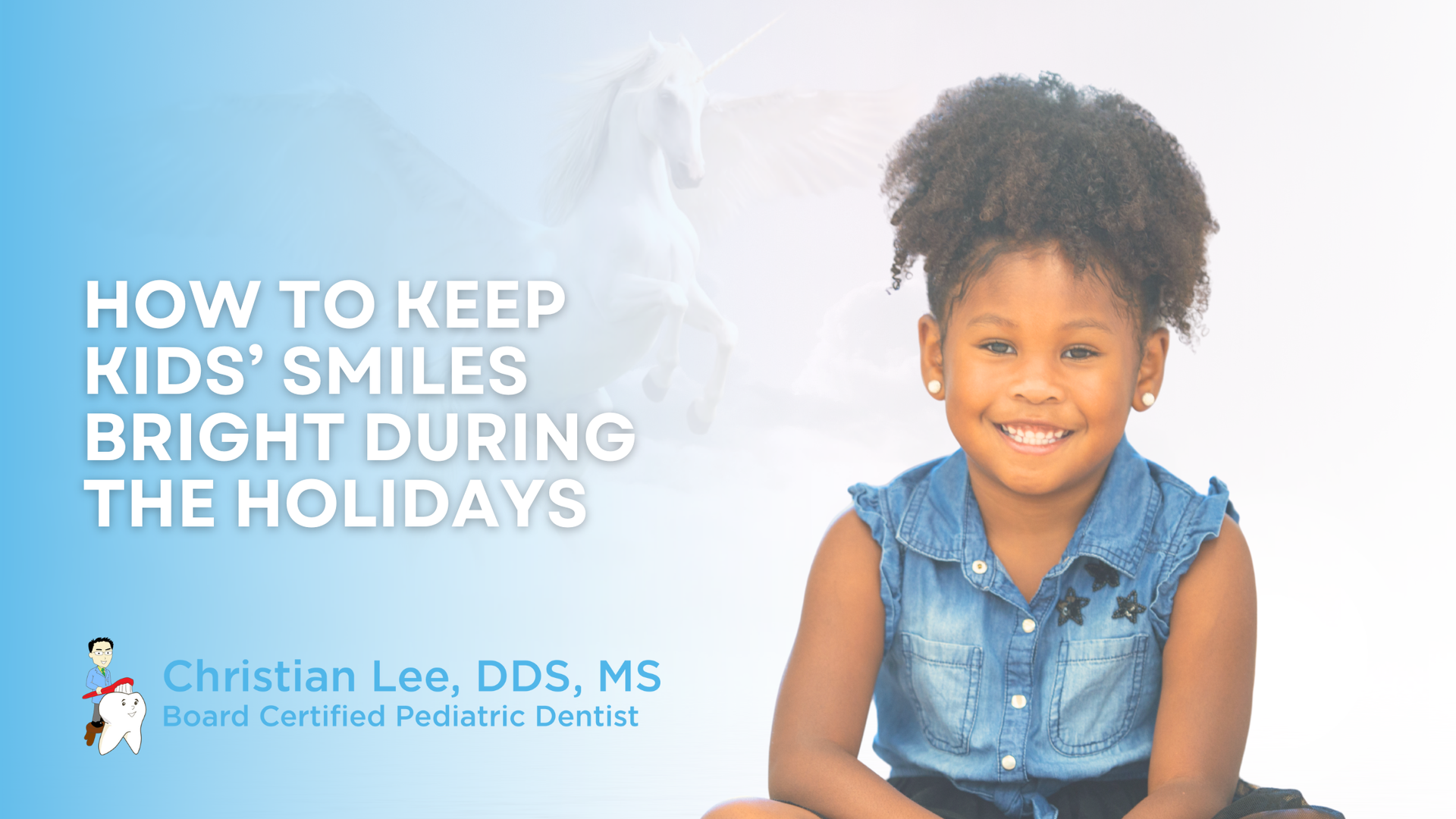How a Pediatric Dentist Can Help Children Grow Healthier Smiles

Source: Dr. Marketing
At Christian K. Lee, DDS, MS, we do more than care for children’s teeth—we help shape the habits, behaviors, and attitudes that build a strong foundation for lifelong oral health. While it is easy to assume that children’s dental care is simply a smaller version of adult care, the reality is far more nuanced. Pediatric dentistry is a field dedicated to understanding the unique biology, behavior, and emotional needs of growing children.
From the first baby tooth to the final stages of adolescence, a pediatric dentist plays an essential role in guiding not just oral development, but confidence, prevention, and early intervention. This kind of care is proactive. It protects more than enamel—it supports emotional resilience, healthy habits, and parental confidence. In this post, we will explore how pediatric dentistry contributes to a child’s well-being in ways that go far beyond the exam chair.
A Field Rooted in Growth: Why Pediatric Dentistry Is Not Just “General Care for Kids”

One of the most fundamental differences between general and pediatric dentistry is the lens through which care is provided. Pediatric dentists are not simply general dentists who treat smaller patients. Their entire training is centered on the unique characteristics of growing mouths and developing minds.
A child’s oral structure changes rapidly between infancy and adolescence. Tooth eruption patterns, jaw development, enamel thickness, and bite alignment are all in motion. Pediatric dentists spend additional years studying these stages of development in detail, as well as mastering how to communicate and work with children effectively—even those with anxiety, special needs, or limited ability to cooperate during treatment.
At Christian K. Lee, DDS, MS in Palo Alto, our care model is built around this growth-centered approach. Every interaction is shaped by developmental awareness, emotional intelligence, and the understanding that early experiences influence how children view dental care for years to come.
Establishing Trust: The Emotional Impact of a Positive First Impression

The emotional side of dentistry is often overlooked, but for children, it is foundational. The first few visits to the dentist can define how a child perceives oral health—whether they associate it with fear or familiarity, anxiety or support. We recognize the power of these first impressions and are trained to meet children where they are.
Trust is not built by rushing through procedures. It is built through gentle pacing, clear explanations, and honoring a child’s need to feel safe. At Christian K. Lee, DDS, MS in Palo Alto, we take time to introduce children to each tool, explain what we are doing in language they understand, and allow space for curiosity and comfort.
This trust has long-term value. Children who feel seen, heard, and supported are more likely to keep up with appointments, report discomfort when it arises, and maintain better hygiene routines at home. That emotional connection becomes a catalyst for lifelong health.
Preventive Care as a Developmental Strategy

For many families, dental visits begin when problems arise—a toothache, a cavity, or signs of decay. But the true power of pediatric dentistry lies in prevention. Regular visits every six months allow us to monitor changes, identify patterns, and intervene before small issues become larger ones.
What makes this preventive approach so effective in children is the window of opportunity. The earlier we can address enamel vulnerabilities, spacing concerns, or habits like thumb sucking or bottle-feeding beyond infancy, the more we can influence long-term outcomes.
In practice, this means fluoride treatments tailored to enamel development, cleanings that remove early plaque buildup, and sealants that protect vulnerable molars during high-risk years. It also means coaching parents through transitional stages—when to switch to a cup, how to ease teething discomfort, or what kind of toothbrush offers the best grip for small hands.
Pediatric care is not reactive. It is anticipatory. At Christian K. Lee, DDS, MS in Palo Alto, we track trends over time and help families stay ahead of issues before they escalate.
Behavioral Guidance That Supports Oral and Emotional Development

Pediatric dentists are uniquely positioned to support behavioral health—not just behavioral management during treatment, but behavior in the broader context of child development. Toothbrushing, for example, is not just a mechanical habit. It is a behavioral milestone. Children resist brushing for all kinds of reasons: sensory sensitivity, fear of gagging, loss of control, or a desire to assert independence. Our job is to understand those reasons and adapt accordingly.
We may suggest different toothbrush textures, fun routines, or visual aids to help a child feel more in control. We may guide a caregiver to try brushing in a mirror or with the child brushing first, followed by a “turn” from the parent.
This level of insight goes far beyond telling a child to brush twice a day. It helps the child understand the why, and more importantly, it helps them feel capable of doing it. That sense of capability often extends to other areas of self-care and confidence.
Monitoring Developmental Milestones and Structural Growth

Dental growth is tightly linked with broader developmental milestones. By monitoring a child’s oral growth over time, pediatric dentists can identify issues that relate to speech, breathing, nutrition, and even posture. When we assess a child’s bite, we are not just checking for straight teeth. We are observing jaw alignment, airway development, and muscle function. This allows us to flag potential concerns early—such as sleep-disordered breathing, tongue-tie, or skeletal imbalance.
Because the bones and tissues of the face are still forming, early intervention can guide growth in a more favorable direction. We work closely with orthodontists and myofunctional therapists when appropriate to support healthy facial development from the inside out.
These insights are not always obvious to families. That is why regular checkups are so important. Pediatric care is often the first line of observation for subtle changes that might otherwise go unnoticed.
Pediatric Sedation Dentistry: Supporting Children Who Need Extra Help

Not every child responds the same way to dental visits. Some are naturally calm, while others may experience significant anxiety, sensory overwhelm, or have medical conditions that make traditional visits difficult. In these cases, sedation dentistry becomes a valuable tool. It allows us to perform necessary treatment while minimizing stress and ensuring a safe, supportive environment. Pediatric dentists are trained to evaluate when sedation is appropriate and how to administer it in the safest possible way.
We offer a range of pediatric sedation options, each chosen based on the child’s age, health status, and specific needs. Our team communicates clearly with parents beforehand, walks through every safety measure, and remains in close contact throughout the entire visit.
We view sedation as part of our commitment to equitable care—ensuring every child has access to high-quality treatment, regardless of temperament or needs.
Partnering with Families: The Power of Team-Based Care

Pediatric dentistry does not work in isolation. It is a partnership between the dentist, the child, and the caregivers. When parents feel informed and supported, they are better equipped to manage oral health at home.
We offer guidance on:
- Choosing the right toothbrush or toothpaste for each age
- Understanding cavity risk based on diet and habits
- Managing teething discomfort and eruption timelines
- Planning for the transition to adult teeth
- Encouraging independence in brushing and flossing
Our team is always available to answer questions—no matter how small. Whether a parent is wondering about pacifier use, spacing between teeth, or how to prepare for an upcoming filling, we are here as a resource. When care is collaborative, children benefit from consistent messaging, aligned routines, and a clear understanding of what to expect.
A Long-Term Investment in Well-Being

Ultimately, pediatric dental care is an investment in more than clean teeth. It is a framework for confidence, autonomy, and health. Children who grow up with regular dental visits are more likely to carry those habits into adulthood, less likely to fear treatment, and better equipped to maintain oral health over time.
We often see the results firsthand. Teenagers who once clung to their parents now walk in confidently for cleanings. Children who were once afraid of fluoride trays now ask questions about flossing. These changes happen because the foundation was built thoughtfully, patiently, and with intention. At Christian K. Lee, DDS, MS in Palo Alto, we are honored to be part of that foundation. We are not just treating patients—we are growing people, and that responsibility shapes everything we do.



